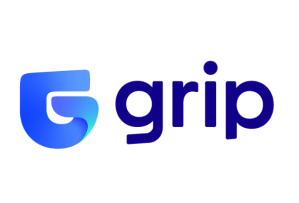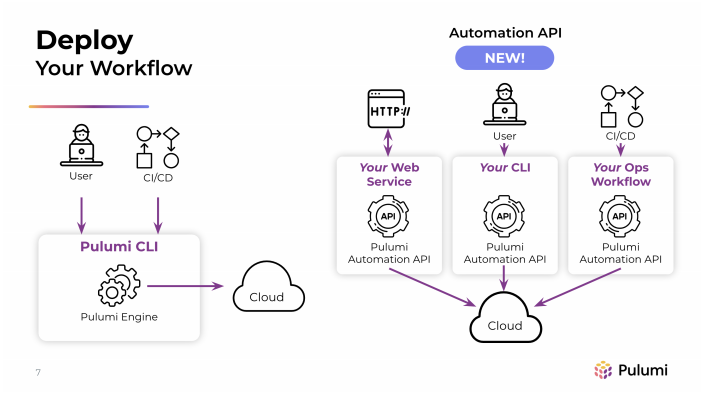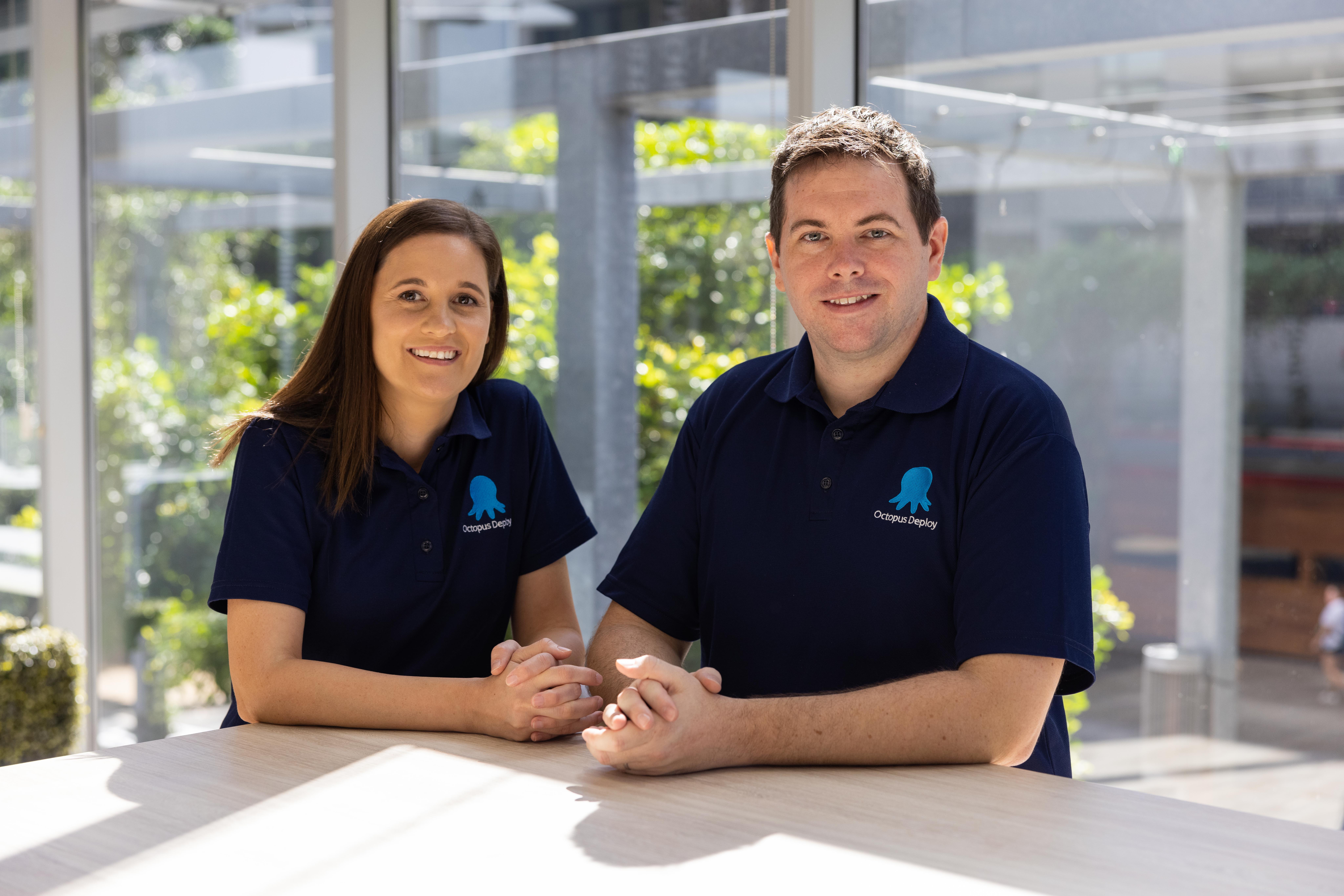Cape Privacy, the early stage startup that wants to make it easier for companies to share sensitive data in a secure and encrypted way, announced a $20 million Series A today.
Evolution Equity Partners led the round with participation from new investors Tiger Global Management, Ridgeline Partners and Downing Lane. Existing investors Boldstart Ventures, Version One Ventures, Haystack, Radical Ventures and a slew of individual investors also participated. The company has now raised approximately $25 million including a $5 million seed investment we covered last June..
Cape Privacy CEO Ché Wijesinghe says that the product has evolved quite a bit since we last spoke. “We have really focused our efforts on encrypted learning, which is really the core technology, which was fundamental to allowing the multi-party compute capabilities between two organizations or two departments to work and build machine learning models on encrypted data,” Wijesinghe told me.
Wijesinghe says that a key business case involves a retail company owned by a private equity firm sharing data with a large financial services company, which is using the data to feed its machine learning models. In this case, sharing customer data, it’s essential to do it in a secure way and that is what Cape Privacy claims is its primary value prop.
He said that while the data sharing piece is the main focus of the company, it has data governance and compliance components to be sure that entities sharing data are doing so in a way that complies with internal and external rules and regulations related to the type of data.
While the company is concentrating on financial services for now because Wijesinghe has been working with these companies for years, he sees uses cases far beyond a single vertical including pharmaceuticals, government, healthcare telco and manufacturing.
“Every single industry needs this and so we look at the value of what Cape’s encrypted learning can provide as really being something that can be as transformative and be as impactful as what SSL was for the adoption of the web browser,” he said.
Richard Seewald, founding and managing partner at lead investor Evolution Equity Partners likes that ability to expand the product’s markets. “The application in Financial Services is only the beginning. Cape has big plans in life sciences and government where machine learning will help make incredible advances in clinical trials and counter-terrorism for example. We anticipate wide adoption of Cape’s technology across many use cases and industries,” he said.
The company has recently expanded to 20 people and Wijesinghe, who is half Asian, takes DEI seriously. “We’ve been very, very deliberate about our DEI efforts, and I think one of the things that we pride ourselves in is that we do foster a culture of acceptance, that it’s not just about diversity in terms of color, race, gender, but we just hired our first non binary employee,” he said,
Part of making people feel comfortable and included involves training so that fellow employees have a deeper understanding of the cultural differences. The company certainly has diversity across geographies with employees in 10 different time zones.
The company is obviously remote with a spread like that, but once the pandemic is over, Wijesinghe sees bringing people together on occasion with New York City as the hub for the company where people from all over the world can fly in and get together.




